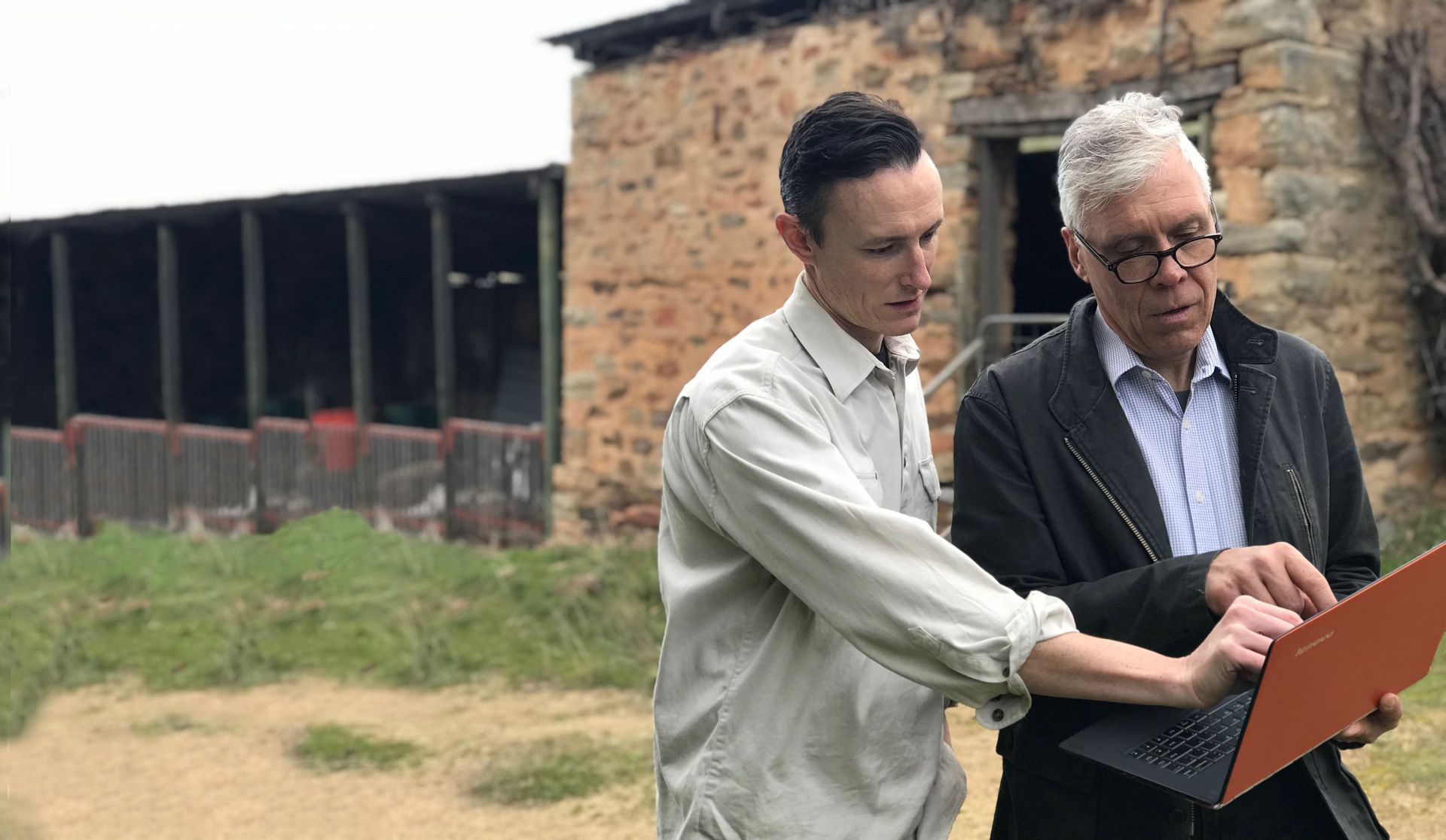Mike Krause is the CEO of P2PAgri, a company providing powerful farm management software designed to improve farm profitability, sustainability and risk management.
Growing a financially fit farm
Australian agricultural training is changing, especially when it comes to farm financial management. Fortunately, there’s a simple way to jump on this change and thrive.

Years ago, when state government departments of agriculture had strong extension programs for farmers, governments used to help fund this type of training for farmers, who would spend hours – sometimes days – travelling to and attending significant workshops held in regional centres. However, government-funded workshops have all but disappeared in Australia. This gap has been left to ‘private providers’.
Also, at this time, Australia had a number of tertiary institutions offering a range of farmer financial management courses, whereas these courses are now offered by only a handful of public provid-ers.
We once had farm and adviser groups called ‘Farm Business Management Societies’ around Australia, and they have all gone too!
So, does this mean the economic challenge of maintaining viability is no longer affecting farmers? Not at all, as we must manage the increased uncertainty of climate change and its effect on the world’s rural commodity markets. We now have more government resources being allocated to the farm financial counsellors and disaster grants helping financially challenged farm businesses.
The job of up-skilling farmers has been left to the private providers, whose innovations have im-proved efficiencies of time and money, particularly during the peak of COVID-19.
These changes have generally provided huge benefits, and recent farmer feedback has indicated strong support for this improved technology over the more expensive and time-consuming ways of the past.
What exactly has changed? In summary:
- Decreased travel costs – The use of online communication with Zoom and TEAMS means we don’t have to waste time travelling, the tyranny of rural living!
- Improved learning experiences – Small group webinars and 1:1 sessions make instruction more efficient and have taken course completion rates from 50 to 90 per cent!
- Tailored data usage – No longer does learning depend on Case Study farm data - stu-dents can now use their own farm data, which significantly enriches learning.
- Convenience of your own farm office – Improved rural connectivity to the internet in recent years has been a technology game changer.
- Cloud-based software – The cloud ensures that users’ software is always up to date. You can also get multiple cloud-based applications sharing data to automate good business practices, like automating cash flow management.
- Bespoke learning – Because there is a mix of group and 1:1 learning opportunities availa-ble, students can have their learning needs met more effectively.
The bottom line is, if you want to stay ahead of increasing farm and market risks in the Australian agriculture industry, seeking out these new ways of learning is key.
















